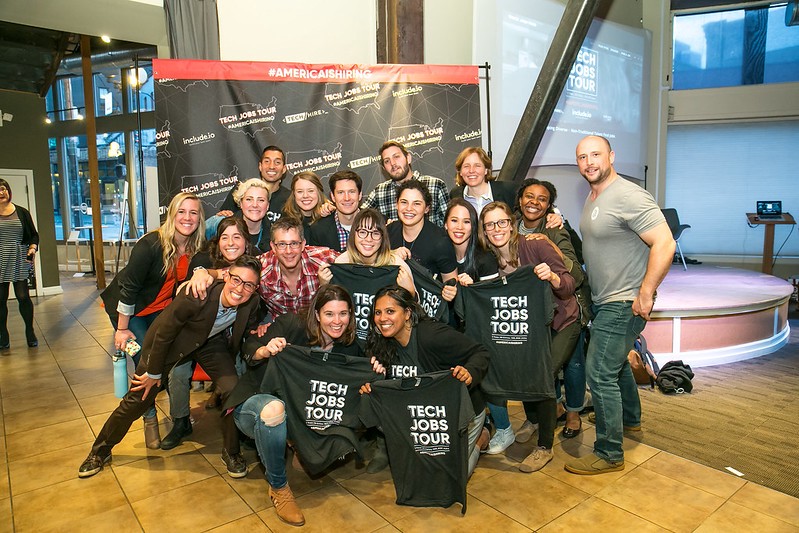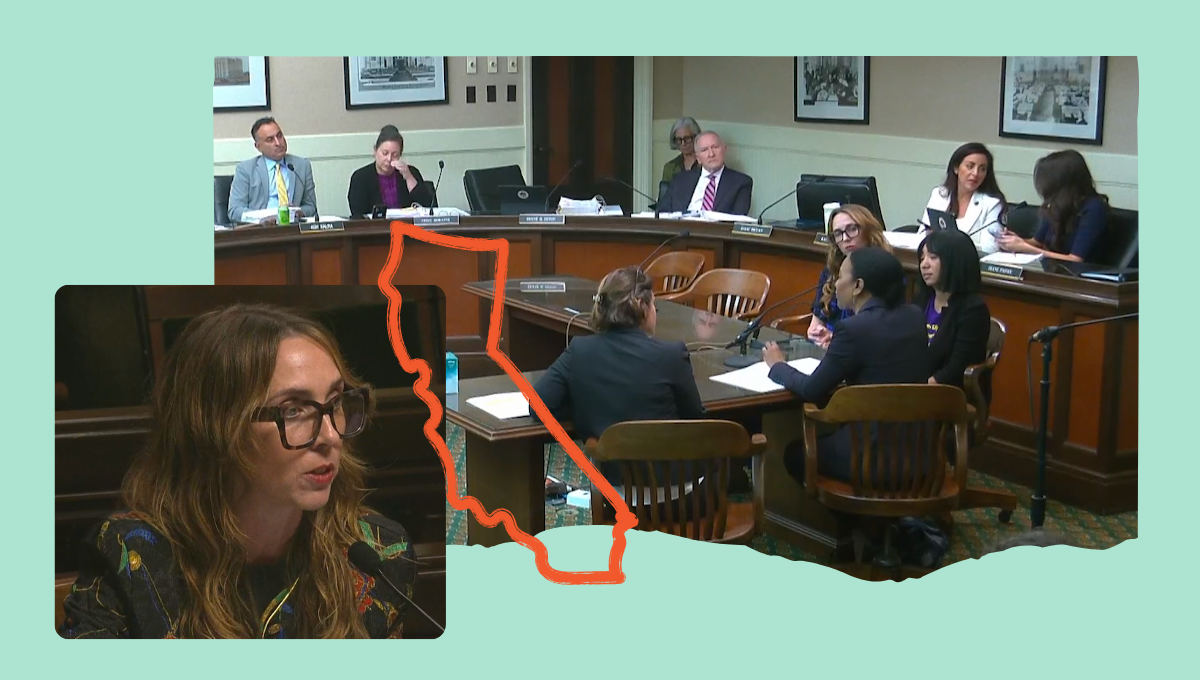The Business Case for an Equity Strategy Part 3: Hire Locally

In the first two parts of this blog series, we examined how tech companies can drive local impact by engaging on public policy issues and leveraging their products for good. The next part of this series will dig into hiring practices. We’ll examine how hiring locally can support diversity and inclusion goals, foster equitable growth in our communities, and continue to support positive brand image.
Tech companies play an important role in the cities where they are based; they drive job creation, boost the local economy, and contribute to the vitality of the community. Recent growth in the tech industry is fueling job creation across the US — both inside tech companies and in technical roles in other sectors.
A recent report from CompTIA, reports that tech was the sixth-largest driver of job creation from 2010–2018 and the tech sector ranked third in terms of gross product (Economic Impact) contribution to US GDP in 2018. Hiring locally is a key way that tech companies can signal their commitment to their home communities. Investing in local talent is ultimately an investment in the health and growth of the local economy.
Tech companies have long recruited from top-tier universities. Elite schools will continue to produce excellent talent, but when tech companies limit their scope they tend to hire more homogeneously. Tech companies also may inadvertently import more talent than they need to, passing up local residents for job opportunities and putting more upward pressure on local affordability. There are motivated, job-ready adults who are qualified for both technical and non-technical roles at tech companies already in the community.
To embrace local talent, tech companies should invest in recruiting locally, and coordinate with community organizations training local talent for careers in tech. Local community colleges and organizations like FlockJay and TechHire Oakland, are all working to skill-up local talent for a wide range of roles within the tech sector. Companies like Twilio*, Pantheon*, and GitHub* have all partnered with local training organizations to contribute to training curriculums and/or build apprenticeship programs, ensuring that local talent is in the hiring pool for new roles.

Hiring locally is also one of the fastest, most effective ways to impact goals around diversity and inclusion. Focusing exclusively on top-tier graduates can severely limit the diversity of a company’s workforce. In 2017, black students made up 6% of freshmen enrollment at elite universities; hispanics made up 13%. Conversely, community colleges in the East Bay are comprised of about 70% people of color; they represent a rich and diverse talent pool that is often overlooked.
Adapting hiring practices to include local, diverse talent can also drive increased revenue. A recent study from Stanford Graduate School of Business found that a company’s diversity can impact the price of their stock. The study targeted tech powerhouses like Google, Apple, and Facebook and found that, “stock prices increased more when announcements revealed a higher level of diversity. Among tech companies, investors reacted even more positively when the diversity numbers trumped those of Google, which researchers identified as the industry leader.”
As tech continues to become a larger employer in the job market, it will continue to drive access to wealth and opportunity. Tech companies that work to prioritize skills, not just pedigree, and invest in local talent will find that their connection to their communities is stronger, and will see greater economic returns for their company. Hiring locally and in partnership with community organizations will continue to build trust with local stakeholders, cementing tech companies as drivers of prosperity.
*TechEquity Corporate Partner
If you work for a tech company and you’re looking to deepen your company’s community engagement, get in touch! We’d love to chat.





